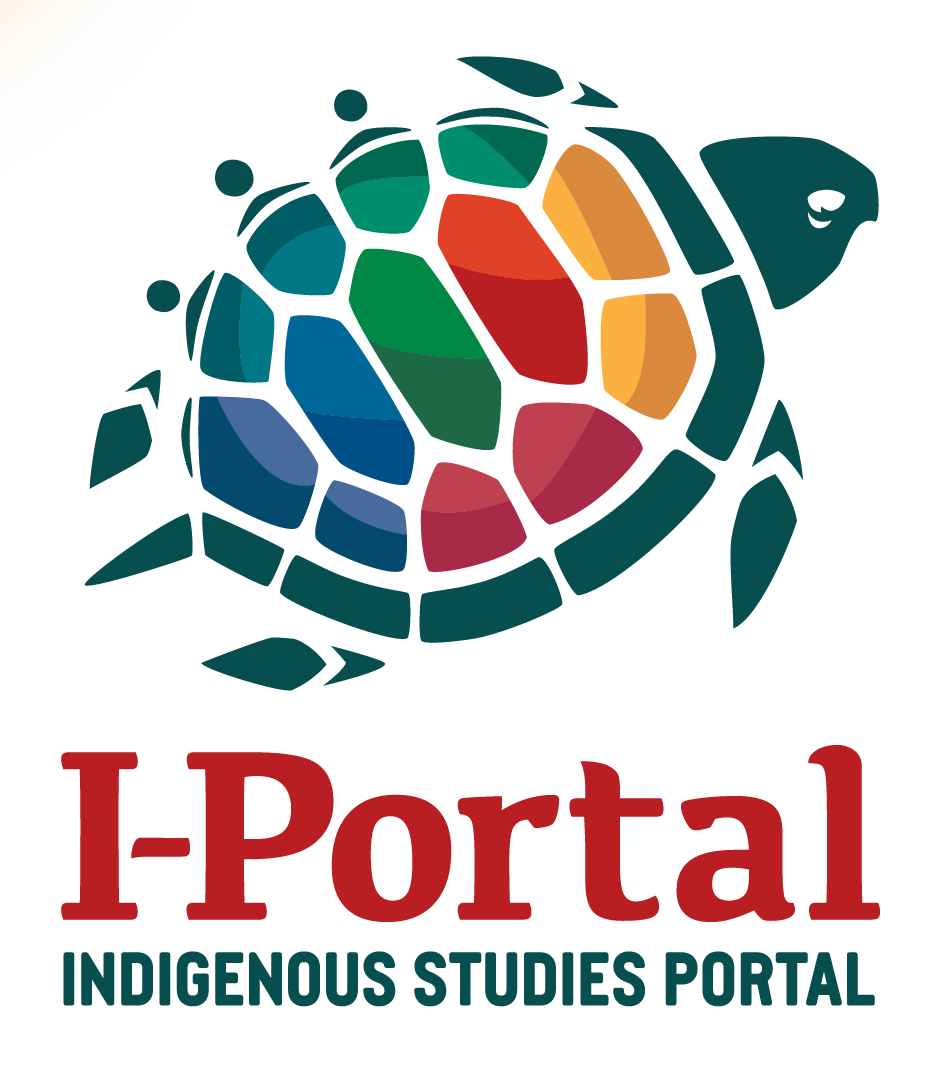Policy Recommendations for Native Elders: Prepared for the National Congress of American Indians 2005 Mid-year Conference
Documents & Presentations
Author/Creator
Rick Ludtke
Leander McDonald
Description
Brief discussion of recommendations from five policy papers generated from the Identifying Our Needs: A Survey of Elders about disease prevention efforts, chronic disease management programs, availability of home/community-based long term care services, and availability of health care and other services.
